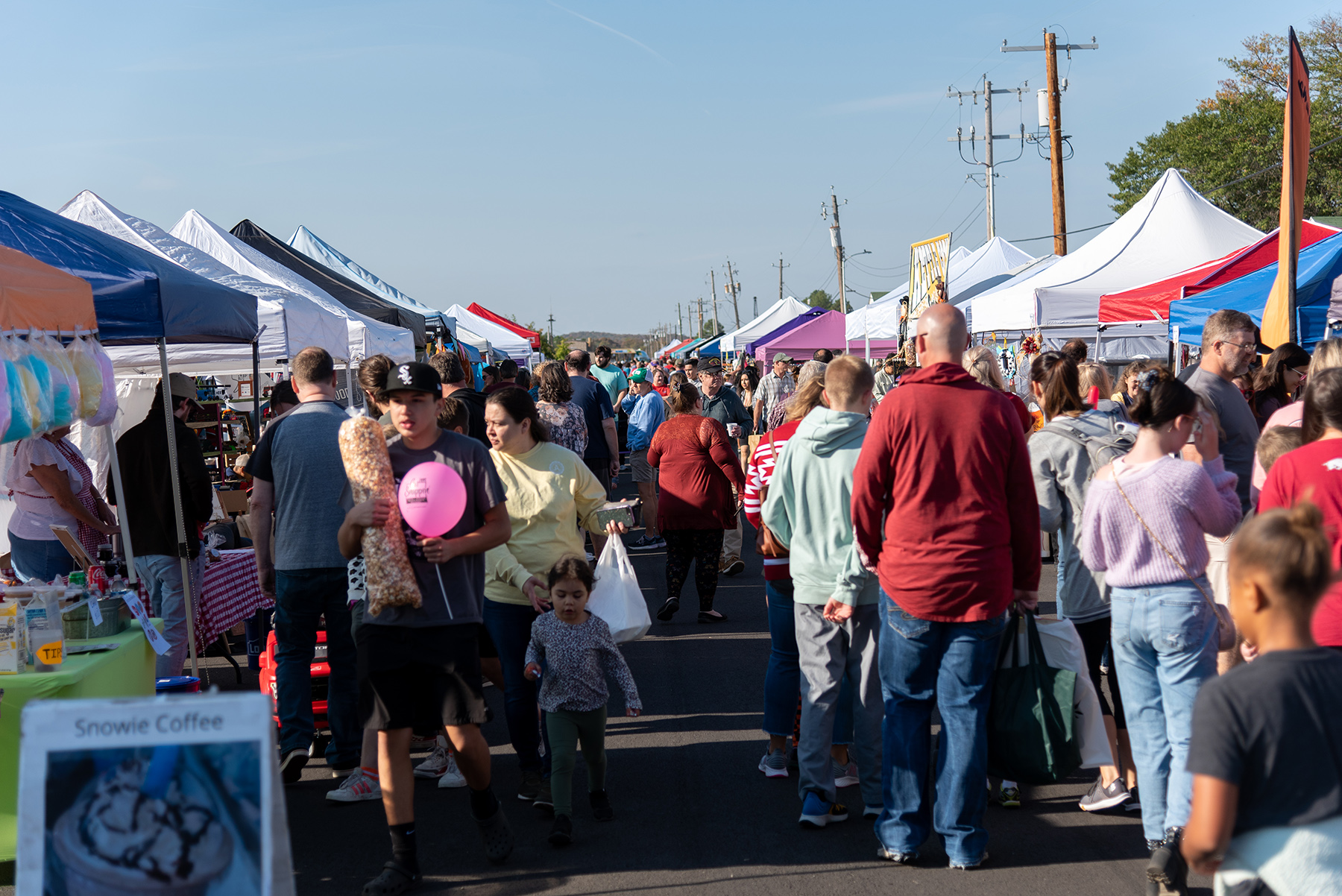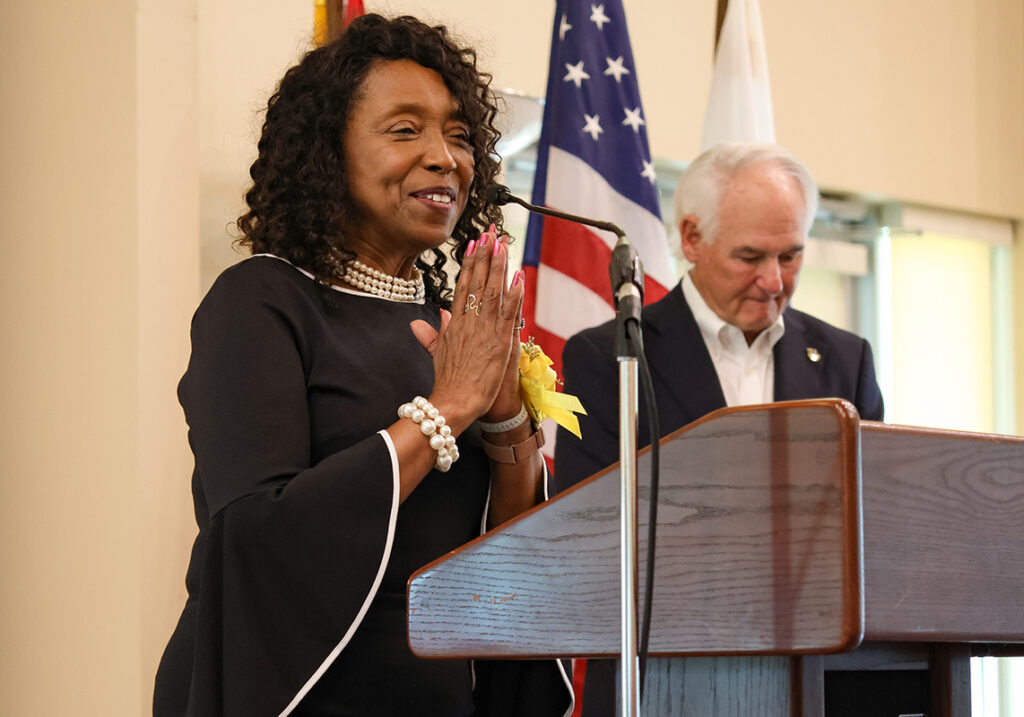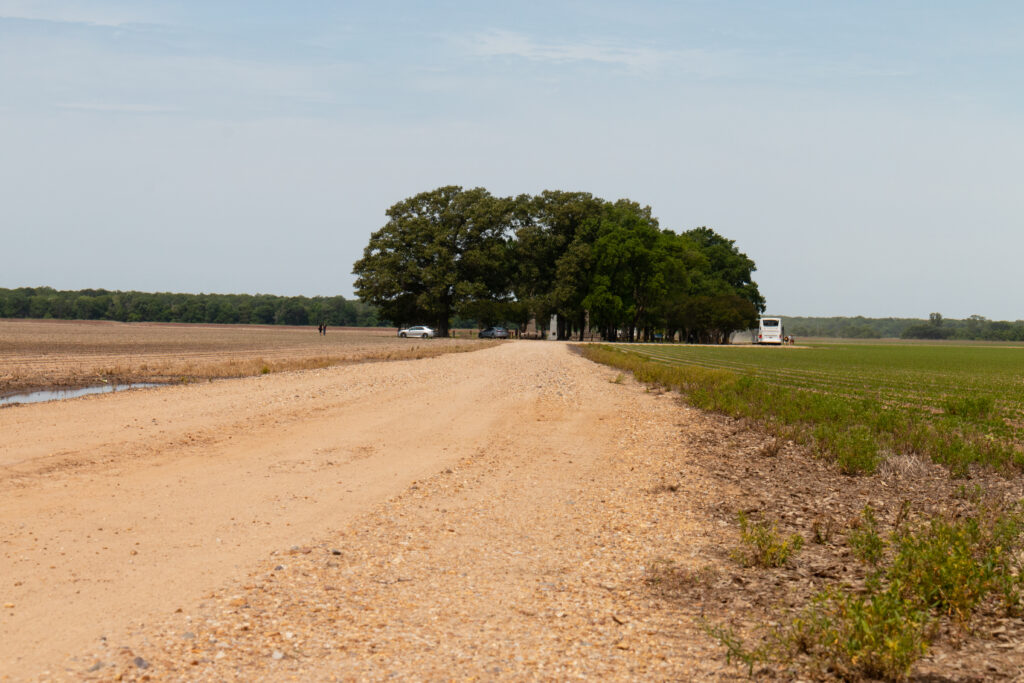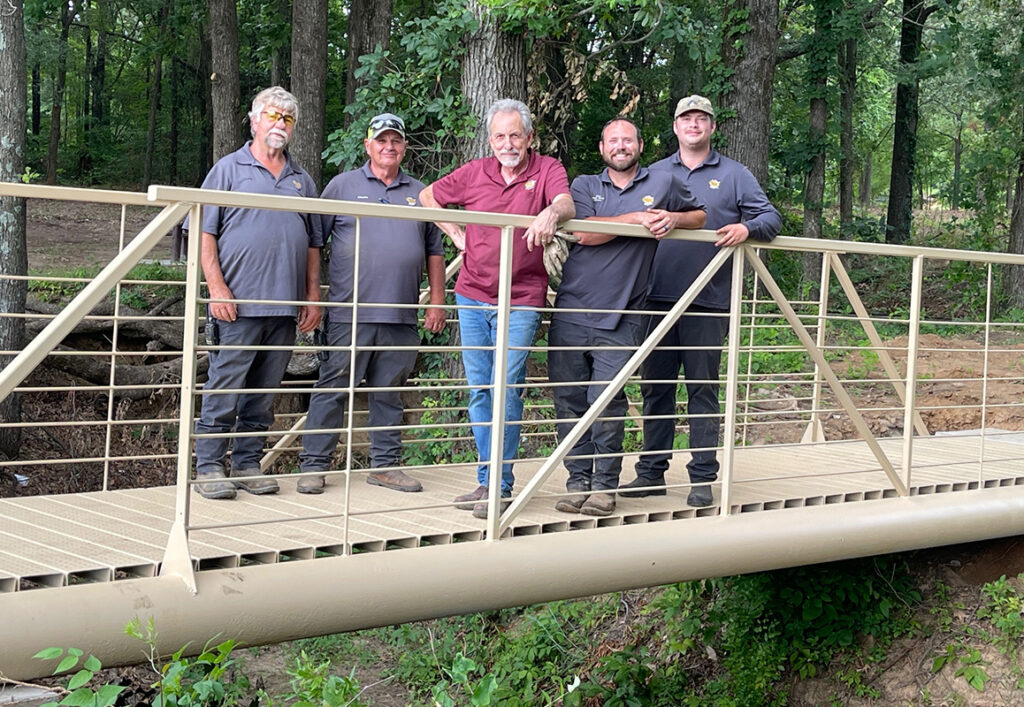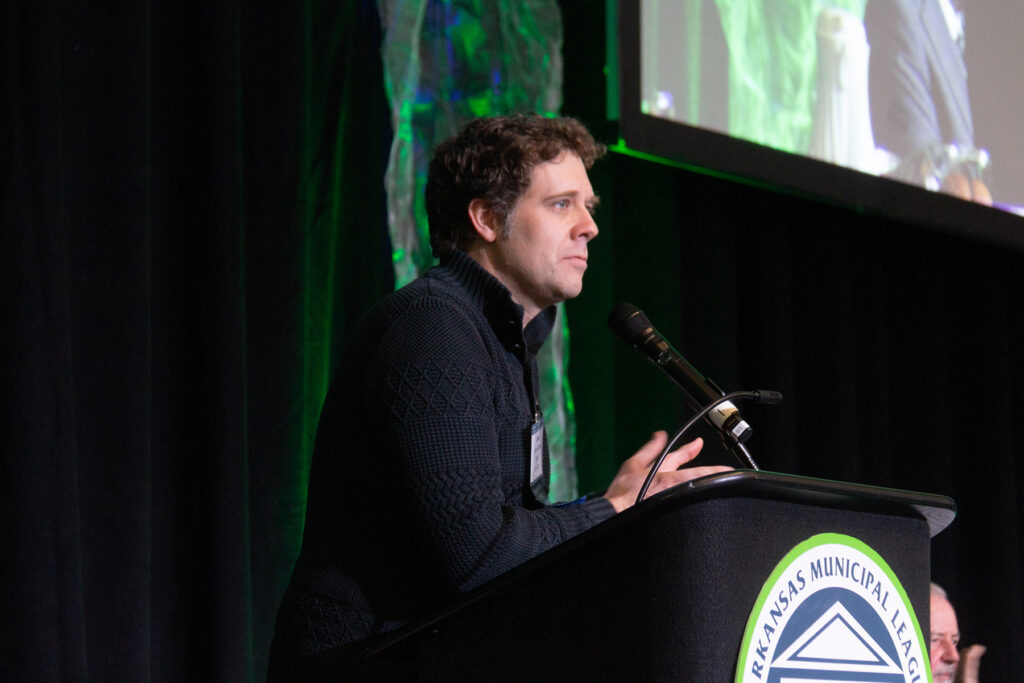Cities and towns should actively engage in creating community events because they offer many positive impacts. The development of community-focused events at the local level provides opportunities for citizen engagement and togetherness, enhances quality of life and increases tourism.
Mayor Stephanie White of Keo knows a lot about creating dynamic community festivities. In December of 2022, she and other community leaders launched the first annual Keo Pecan Festival, which highlighted the city’s pecan orchards. The festival featured live music and entertainment, a pecan baking contest, a bike ride, arts and crafts, food and more.
“Community-based events signal to residents and visitors that the place is brimming with life and interest,” White said. “Enthusiasm is contagious, and the best compliment a visitor can pay is ‘I wish I lived here.’”
A successful event will provide the opportunity for residents to feel more connected to their community and one another. It will also draw tourists to your town. Visitors will spend money at local restaurants, retail establishments and on a host of other expenses throughout the day. All of those expenditures will contribute to uplifting the local economy.
So, what should be considered when creating a successful community event?
Mayor White advised that you should strive to make your event one “where people want to be, where they feel at home and can truly enjoy the festivities and individuals around them.” By doing so, it will lead to more individuals wanting to return in the future and with them, a larger tax base.
A successful event cannot be accomplished without a core group of dedicated volunteers. Volunteers are essential in broadcasting to others the needs of the event, whether those needs include more volunteers, monetary donations or other items. Volunteers can also be some of the best spokespeople and marketers for your event. By developing a strong group of committed and excited volunteers, you can maximize the impact of a community event.
But how do you inspire volunteers to get involved?
As the director of marketing for the Fort Chaffee Redevelopment Authority, Lorie Robertson has a lot of experience generating excitement and momentum around community events. Some of the events and festivals held in the Chaffee Crossing community include an indoor Christmas show, a bi-weekly festival-style farmers and artisan market, and an annual veterans day parade.
Robertson emphasized that highlighting the value of the event to the community is crucial for eliciting volunteer support. “By painting a picture or a vision of how important the event will be to the community and how important each role is to the overall success of the event, you can generate buy-in from volunteers, leaders and citizens,” she said.
Successful execution of community events also depends upon leaders’ ability to make sure volunteers feel heard and understood. Mayor White often checks in with volunteers on a regular basis to identify concerns and address them, paying special attention to the distribution of responsibility and work.
From personal experience, the old saying “many hands make light work” is especially true when it comes to event planning and implementation. If volunteers are overworked and unable to enjoy the event themselves, it will be extremely difficult to recruit those volunteers for future events.
Robertson stressed the importance of a solid leadership team in successfully executing a community event. “Your leadership team needs to be individuals who take pride in what they are doing and tell others about the impact it has on their lives,” she said. Those ambassadors will directly impact the development of new leaders, the retention of current volunteers and the recruitment of new volunteers.
When developing your leadership team, consider individuals who can offer valuable skillsets such as time management, organization, communication, strong work ethic and a passion for the community. They will inspire others to invest their time and talent.
There are many reasons to develop a robust offering of community-based events. During the event development process, it’s important to remember that a successful event cannot be accomplished without the buy-in from the leadership team, volunteers and community.
The best way to learn about events in your region and throughout the state is by visiting www.arkansas.com/events/festival. If your events aren’t listed, make sure they get added.
Michael Hudson is the project coordinator for the University of Central Arkansas Center for Community and Economic Development (CCED). Learn more about CCED at www.uca.edu/cced.

